
Being elected pope isn’t what put these men on this list. It’s what they did afterward that counts. Some challenged tradition, while others redefined the Church’s global role, often without asking permission. Each name marks a turning point that is still felt today. Wondering who truly changed history? Here’s a quick look at the real headline-makers.
Pope Francis Championed Compassion For Refugees

In July 2013, Pope Francis visited Lampedusa. Later that year, on October 3, a migrant boat tragedy claimed at least 368 lives here. While addressing this global inaction, he declared the world had “lost a sense of brotherly responsibility.” That speech shaped Vatican refugee policy, and migration became a central issue under his leadership.
Pope John Paul II Influenced The Fall Of Communism

Public resistance to communism in Poland grew after John Paul II’s 1979 visit, where he called for moral courage and unity. The Soviets saw him as a threat. His open support for Solidarity strengthened the movement and contributed to the collapse of communist control in Eastern Europe.
Pope Benedict XVI Resigned From The Papacy

On February 11, 2013, Pope Benedict XVI became the first pope in nearly 600 years to resign. Speaking in Latin, he cited failing strength. The decision came amid Vatican infighting, global abuse scandals, and the VatiLeaks crisis. Though he denied pressure, the move set a modern precedent for papal resignation.
Pope Innocent III Expanded Papal Authority

Few popes ever ruled with such boldness. Innocent III excommunicated kings, approved crusades, and declared that the pope stood between God and humanity. He even claimed the right to decide imperial elections. Watching him operate is like watching a medieval chess master play every piece himself.
Pope John XXIII Ushered In The Modern Church
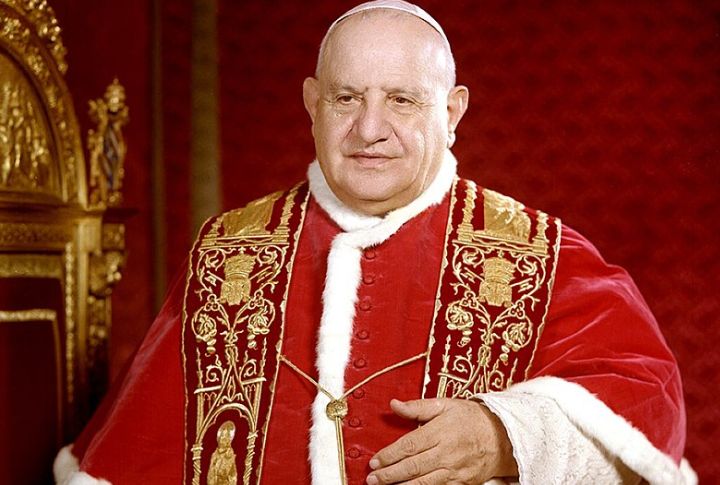
Journalists dubbed him “The Good Pope” because John XXIII challenged tradition. In 1959, he surprised many by announcing Vatican II, pushing for renewal. He believed the Church needed fresh air, not closed doors. From using local languages in Mass to encouraging interfaith dialogue, the Council launched reforms in 1962 that still shape Catholic life today.
Pope Francis Advocated For Environmental Stewardship
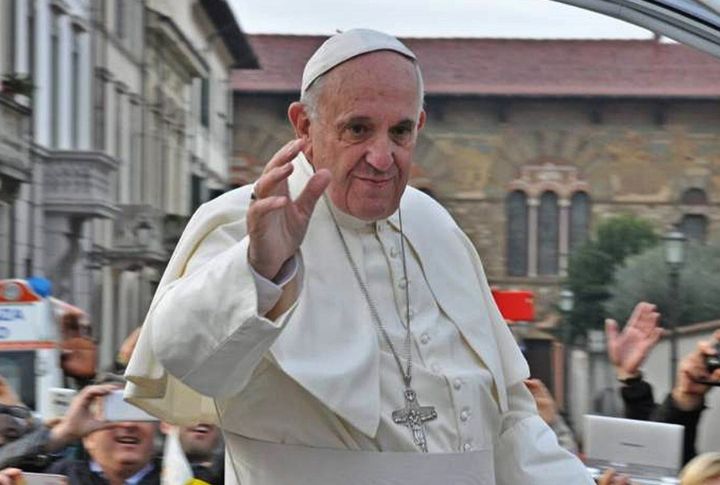
“Care for our common home” wasn’t just a phrase—it marked a shift in papal voice. Francis connected environmental damage to human suffering in a way no pope had done before. Rather than relying on statistics or political arguments, he used simple language to deliver a clear call: live gently or live with consequences.
Pope Nicholas V Revived Classical Learning And The Vatican Library

Before Nicholas V, the Church maintained manuscript collections, but ambitions for a vast library had not fully developed. However, he began seeking books from ancient Greece, Islamic scholars, and Roman poets. Scribal teams copied rare manuscripts daily. His vision transformed the Vatican Library into a lasting symbol of preservation and learning.
Pope Paul VI Concluded The Second Vatican Council
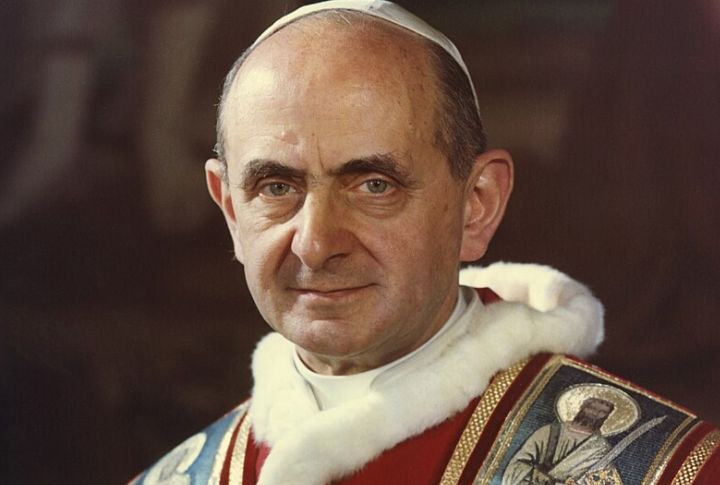
Pope Paul VI brought the Second Vatican Council to a close in 1965, guiding its final documents and ensuring their implementation. He strongly supported the Council’s reform goals, including modernization of Church practices and outreach to other faiths. In 1964, he became the first pope in modern history to visit the Holy Land, marking a shift toward global engagement.
Pope Gregory I Reformed Church Liturgy
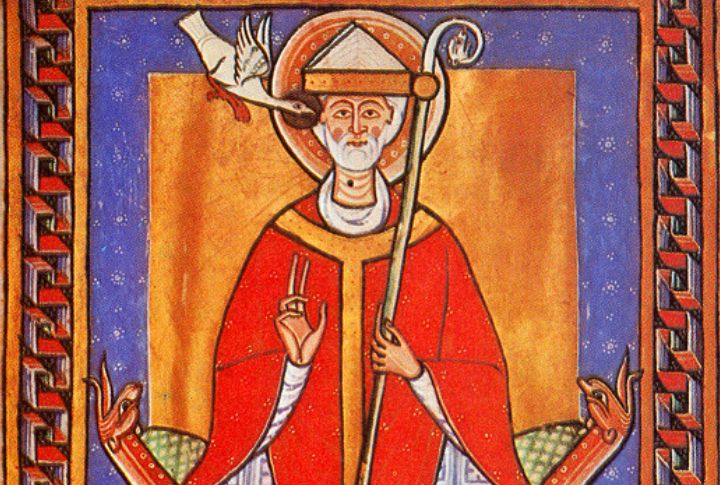
Chants were once inconsistent and varied by region. Gregory I helped bring order by refining sacred music and establishing formal liturgical prayers. His papal instructions emphasized unity and reverence over display. The uniform sound of medieval choirs across Europe owes much to the structure he introduced and preserved.
Pope Francis Addressed Clerical Misconduct
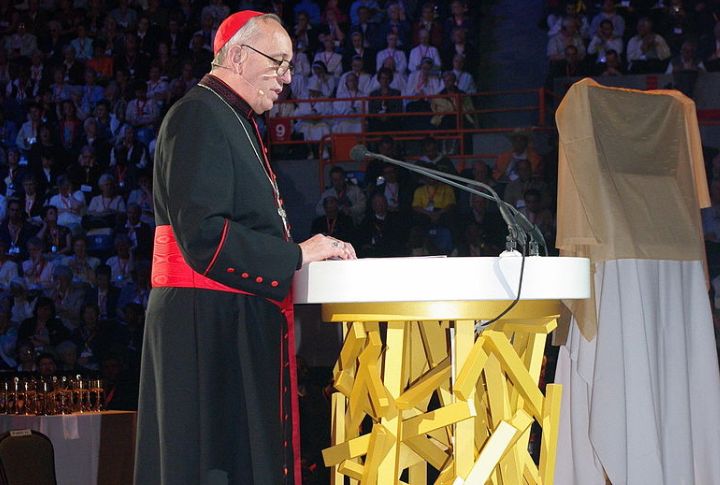
Instead of vague apologies, Francis pushed for change. When bishops failed to act, he rewrote canon law. “Vos estis lux mundi” didn’t ask for discretion—it demanded reports. Offices opened, letters circulated, and meetings turned difficult. If trust in leadership ever had a turning point, this was one.

